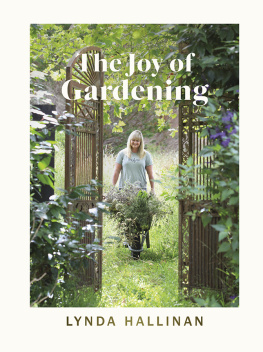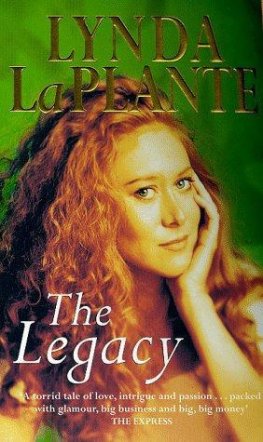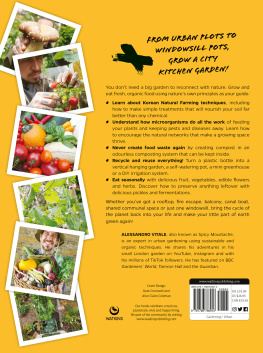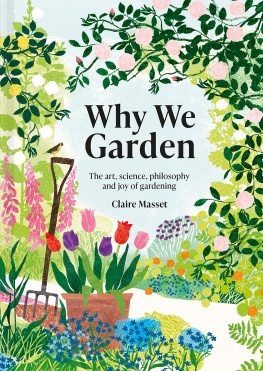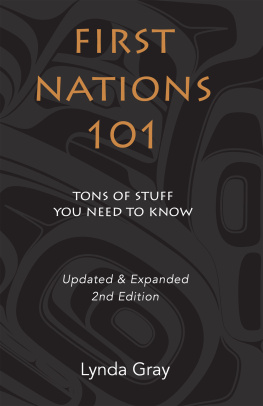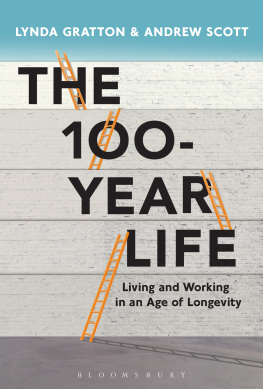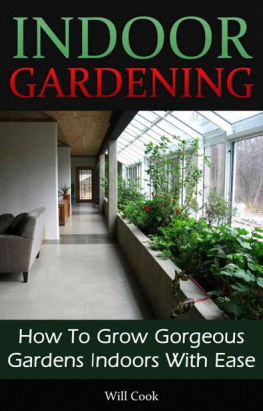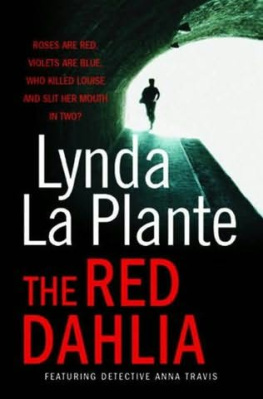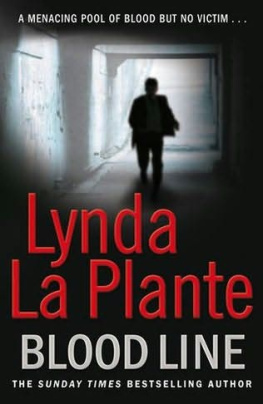Introduction
If the sight of the blue skies fills you with joy, if a blade of grass springing up in the fields has power to move you, if the simple things of nature have a message that you understand, rejoice, for your soul is alive.
Italian actress Eleonora Duse (18581924)
A t the end of 2020, I gave my garden a thoroughly good soak, shovelled out a truckload of mulch, deadheaded the dahlias and rabbit-fenced my new rose garden. Then I locked the front gate behind me and took my family to the beach for a month.
For the first time in many years, I had decided not to open my country garden at Foggydale Farm, in the foothills of the Hunua Ranges southeast of Auckland, for any summer events or garden festivals. There was no need to stay at home, lugging the hose around parched plants and panicking over page-long to do lists. Instead, I packed my two sons and our two dogs into the car and set off for the Coromandel Peninsula, where we stayed for most of the school holidays.
Sitting with a group of friends on Ocean Beach at Tairua one afternoon, nattering about nothing in particular, one of them a psychologist who runs mindfulness clinics for corporates and carers asked me what I like about gardening. Can you sum it up in a single sentence? she said.
Im rarely lost for words, but her casual question caught me on the hop. What is it about gardening that appeals to me? Why have I spent two-thirds of my life sowing, growing, mowing, pruning, raking, staking and creating gardens when I could have whiled away my leisure time writing angsty poetry, playing sport, learning the guitar, stitching a quilt or reading every word of Marcel Prousts wordy tome la recherche du temps perdu ( Remembrance of Things Past ), having first gained fluency in French, or indeed any second language other than botanical Latin.
The best answer I could muster on the fly was this: there isnt a single thing I dont like about gardening, aside from wretched hay fever, which forces me to knock back antihistamines from spring until autumn.
I love gardening, but Im no hippy-dippy plant whisperer. I wasnt born with green thumbs, and I dont believe that anyone else is either. If you believe that some of us are genetically blessed with a special ability to commune with nature, then you must also acknowledge the flipside: some people must be gardenings Grim Reapers, unable to keep anything alive. This is patently untrue, as on any given day youll find me successfully nurturing some plants while killing others, sometimes wilfully but more often through neglect or misguided optimism about the survival rates of rare species.

I grew up in the thick of the countryside, surrounded by wild landscapes and tame cows. My parents were dairy farmers in Onewhero, a small rural settlement near Port Waikato, and my sister Brenda and I spent our childhood outdoors. We were always building huts in the bush, damming culverts and roaming the roadside in a bid to keep our distance from Mum and Dad, lest we be given a job grubbing thistles or hosing down the cowshed.
When I left school, I studied journalism in Auckland. To pay my university fees, Id return to the farm each summer to milk the cows with Brenda while our parents were out on the briny. During one summer break, a local plant nursery had a clearance sale and for reasons Ill never fully fathom was it boredom or fate? I popped in and bought a few roses and some English lavender bushes.
I dug over a corner of our front lawn and bedded them in as a surprise for my mother, but when they bloomed, so did my desire to plant more. In the months that followed, I rapidly amassed a hodgepodge collection of potted plants and gardening encyclopaedias and, every Friday night while my university mates went nightclubbing with fake IDs, Id stay home to watch Maggies Garden Show and pore over the latest Martha Stewart Living magazine (from the library, as my student allowance didnt stretch to air-freighted periodicals).
After graduation, I landed a job as a regional radio journalist in Gisborne, where the temperate climate and sandy loam was to my liking, even if the transition to adult life wasnt. I go to work, come home, go to bed, get up, go to work, I complained in a letter to my grandmother in 1996. But theres one positive thing: I have managed to grow really big capsicums here.
My reporting career later took me back to Auckland, to the Independent Radio News network, where I worked 4 a.m. to midday or 4 p.m. to midnight shifts in the newsroom, leaving my mornings or afternoons gleefully free to potter in the flower beds I magicked up outside my poky bedsit.
I didnt recognise it at the time but the bright yellow Friesia roses, heartsease pansies and Sweet 100 cherry tomatoes I nurtured at my doorstep were an antidote to the treadmill of trauma I was exposed to at work. Radio journalism relies on a diet of crime, natural disasters and human tragedy; rarely does anything joyful follow the pips at the top of each hour. Our newsroom mantra when putting together bulletins? If it bleeds, it leads.
I really wasnt cut out for the worst aspects of this job, from cold-calling the grieving to bearing witness to the depths of criminal depravity the senseless bashings, beatings, stabbings and sexual violence that I reported on from the High Court media bench. My childhood fear of the dark returned, only this time the monsters in my nightmares had names, faces and rap sheets. I couldnt go to sleep without first double-checking that all the doors and windows were locked.

